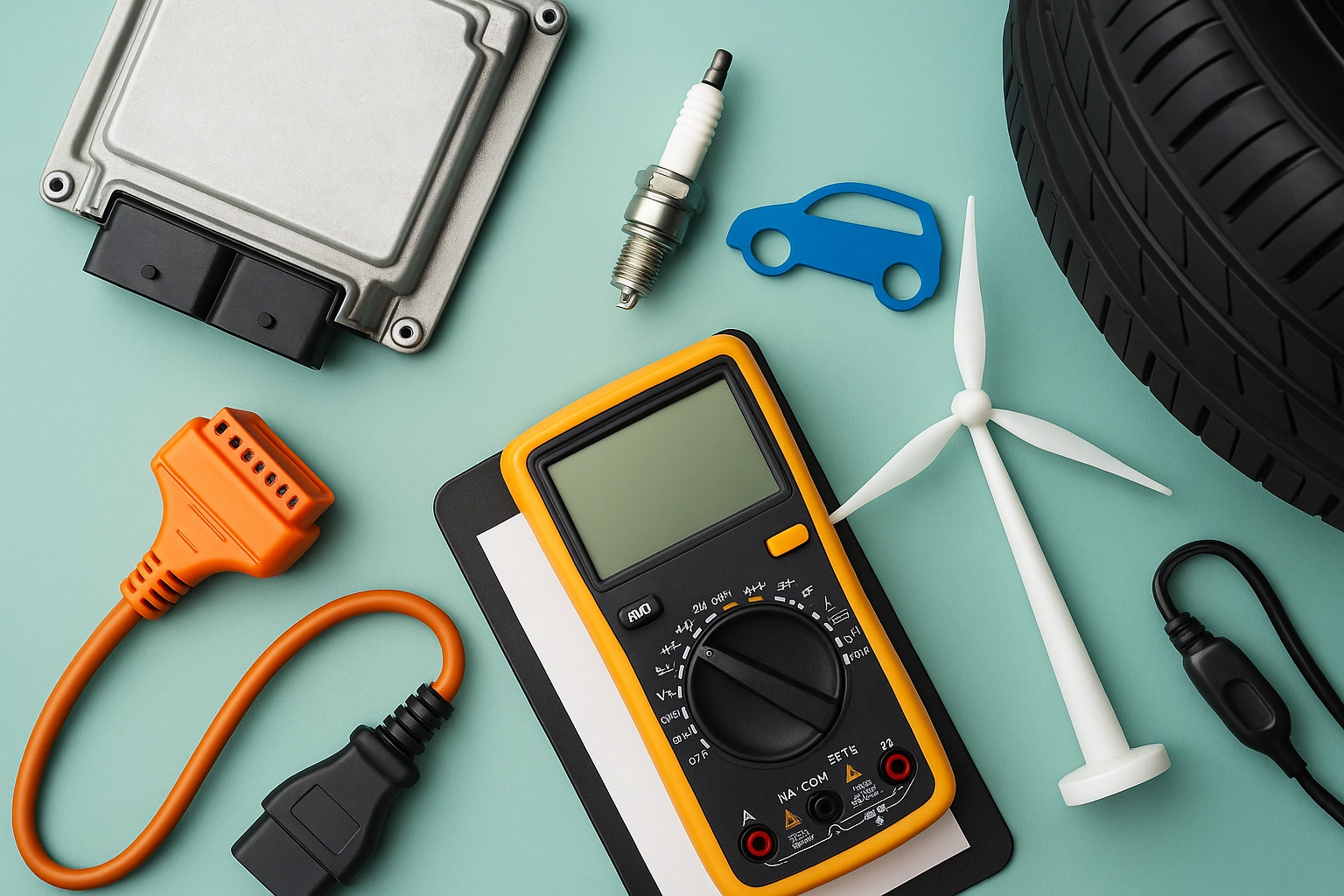ASTM F303 Hybrid Vehicle Abuse Resistance Testing
The ASTM F303:18 standard is designed to evaluate the abuse resistance of hybrid vehicles, ensuring they can withstand harsh environmental conditions and mechanical stresses encountered during use. This test provides critical insights into a vehicle's structural integrity under extreme conditions, which is essential for both safety compliance and quality assurance.
Hybrid vehicles combine internal combustion engines with electric motors, offering improved fuel efficiency and reduced emissions compared to conventional gasoline-powered vehicles. However, the integration of these systems introduces unique challenges in terms of durability and resilience against abusive environmental factors such as extreme temperatures, corrosive substances, and mechanical overloads.
The ASTM F303 test focuses on assessing how well a hybrid vehicle can maintain its structural integrity under conditions that simulate real-world abuse scenarios. These include sudden acceleration/deceleration, exposure to high humidity levels, immersion in salt water, and prolonged operation at extreme temperatures. By subjecting the vehicle to these stresses, testers gain valuable data on potential failure points and areas for improvement.
Understanding the specific requirements outlined in ASTM F303 helps ensure that hybrid vehicles meet stringent safety standards while also enhancing overall reliability. This testing process not only contributes to safer driving experiences but also supports manufacturers' efforts towards sustainable transportation solutions.
Why It Matters
The importance of ASTM F303 Hybrid Vehicle Abuse Resistance Testing cannot be overstated, especially given the increasing popularity and adoption rates of electric hybrid vehicles worldwide. As more consumers switch to eco-friendly transportation options, it becomes crucial to ensure that these advanced technologies are robust enough to handle various challenging situations without compromising safety or performance.
One key aspect is the need for enhanced durability in components like batteries and powertrains, which play significant roles in hybrid vehicles. These parts must endure rigorous testing to guarantee longevity and reliability under demanding circumstances. Additionally, manufacturers strive to minimize weight while maximizing efficiency; thus, understanding how materials behave during abusive tests allows engineers to make informed decisions regarding material selection.
Another critical factor is the environmental impact of electric hybrids. Proper abuse resistance ensures that these vehicles can operate effectively even in harsh climates or after exposure to corrosive elements like salt water. This capability supports sustainable practices by extending product lifecycles and reducing waste associated with premature failures due to poor quality control.
Furthermore, regulatory compliance plays a vital role in ensuring that hybrid vehicles meet necessary safety standards set forth by organizations such as ASTM International. Adhering to these guidelines demonstrates commitment to producing safe, reliable products that contribute positively to public health and welfare.
Industry Applications
| Application | Description |
|---|---|
| Battery Testing | Evaluating the performance and durability of battery packs under abusive conditions. |
| Powertrain Evaluation | Assessing the structural integrity and operational efficiency of powertrains during extreme stress tests. |
| Environmental Simulation | Recreating realistic environmental scenarios to determine vehicle resilience against harsh weather conditions. |
| Material Selection | Identifying suitable materials for use in hybrid vehicles based on their ability to withstand abuse resistance standards. |
| Regulatory Compliance | Ensuring that all aspects of the vehicle comply with applicable international standards and regulations. |
Customer Impact and Satisfaction
By leveraging ASTM F303 Hybrid Vehicle Abuse Resistance Testing, customers benefit from safer, more reliable hybrid vehicles that are better equipped to handle challenging environments. This testing ensures that manufacturers adhere strictly to industry benchmarks, thereby fostering trust among consumers who prioritize both safety and sustainability.
The rigorous nature of these tests promotes continuous improvement in product design by highlighting any weaknesses or vulnerabilities within the vehicle structure. As a result, customers enjoy peace of mind knowing they are investing in durable, high-quality products that stand up to everyday challenges without compromising performance.
Moreover, successful completion of ASTM F303 testing enhances brand reputation and market competitiveness for automotive companies. It demonstrates their commitment to innovation and excellence while also contributing positively towards environmental sustainability goals.





